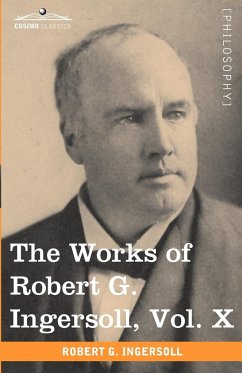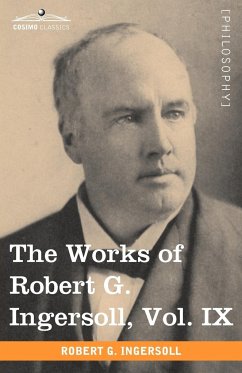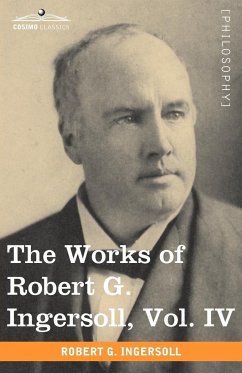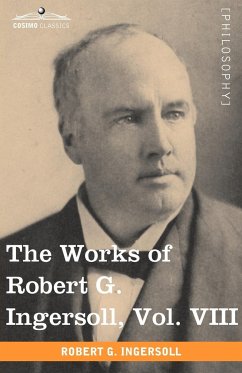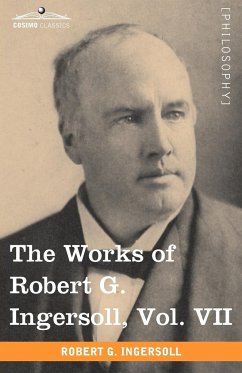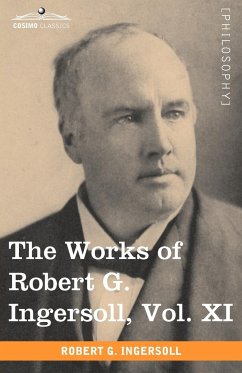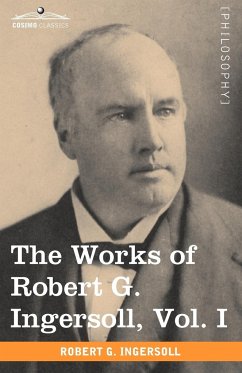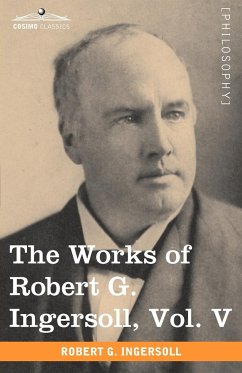As outspoken in his day as Richard Dawkins or Christopher Hitchens are today, ROBERT GREEN INGERSOLL (1833-1899) was a notorious radical whose uncompromising views on religion and slavery (they were bad, in his opinion), women's suffrage (a good idea, he believed), and other contentious matters of his era made him a wildly popular orator and critic of American culture and public life. Legendary as a speaker-he memorized his speeches and could talk for hours without notes-and as a proponent of freethought, Ingersoll is an American original whose words still ring with truth and power today. His most important works are gathered in this 12-volume collected edition, first published posthumously in 1901. Volume X features Ingersoll's legal addresses: ¿ "Address to the Jury in the Munn Trial" ¿ multiple addresses to the juries in the various Star Route trials ¿ "Address to the Jury in the Davis Will Case" ¿ "Argument Before the Vice-Chancellor in the Russell Case"

